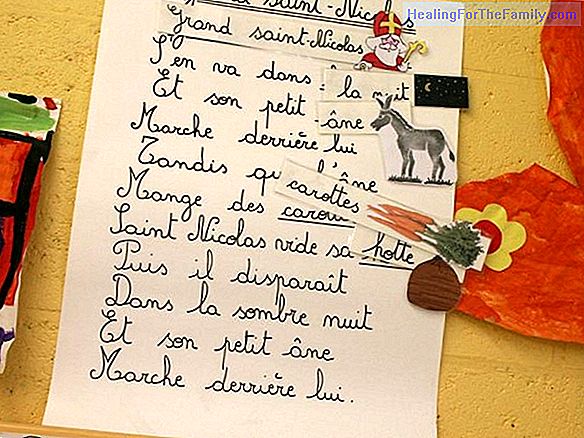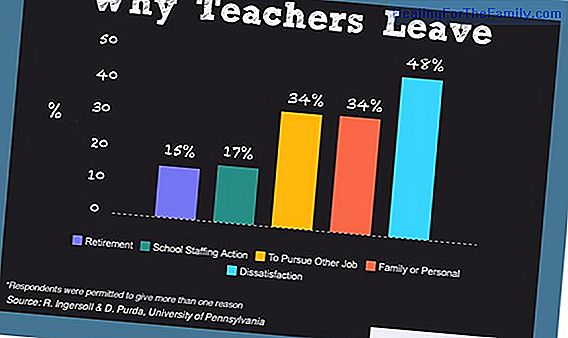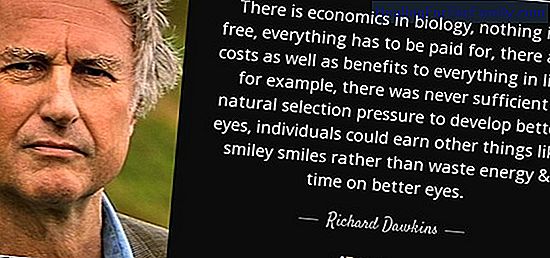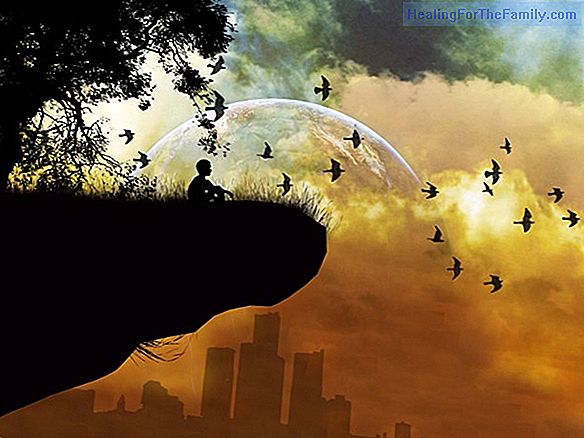The three basic pillars in the education of children
The rush, stress, work overload ... often parents feel we lack time. Time to dedicate to the children and to reinforce those basic pillars that will form to a large extent the adult in which they will one day become. But ... what are those pillars? The three basic pillars of early childhood educatio
The rush, stress, work overload ... often parents feel we lack time. Time to dedicate to the children and to reinforce those basic pillars that will form to a large extent the adult in which they will one day become. But ... what are those pillars?
The three basic pillars of early childhood education
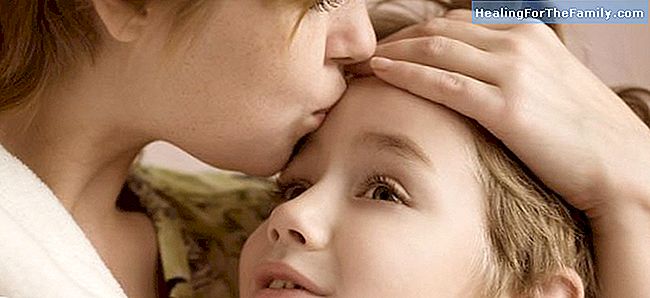
There are many gaps today, often related to a bad settlement of the basic pillars. We see many teenagers and young people with behavioral problems, existential gaps and problems to manage their emotions. We see very little tolerance for frustration, very little patience, a lot of consumerism and little respect. We see lack of perseverance and effort and a lot of emotional dependence towards other people. We see all this and I wonder ... will not it have to do with one day we do not dedicate enough time to strengthen these basic pillars? Is it not because there is a hole in them ?: Los 1. Values:
Values such as respect, perseverance, effort, solidarity, patience, humility, kindness ... empathy. Values that form the integrity of a person and unknowingly bring us strengths and social skills. No one is born with a small bag of values under his arm. Values are learned and parents are the main 'teachers' in this field. Remember that often more than words, you educate yourself with attitude and example. Children observe, of course they observe, and copy the values they see in their parents. If you greet, forgive, respect ... they will too. La 2. Faith or belief in something: Believing in oneself, believing in others, believing in a dream, believing in a God. Believe in something, in someone. Believe, without more. Faith in something or someone is a constant generator of hope and strengths.
3. Hope: Without hope there is no progress. Why progress in something if you expect it to work? Why believe in a dream if you are not sure of it? Why persevere if you do not think it can be achieved? Generate in your son illusion and hope and fight for what he believes.
We often ask ourselves about the lack of empathy, the tendency to depression, the feeling of permanent frustration ... of the feeling of emptiness ... Dedicate the little time you have to carve these pillars with care and care in your child and in Give you tools to manage your emotions and you will see how to grow much more confident in yourself and in others.

